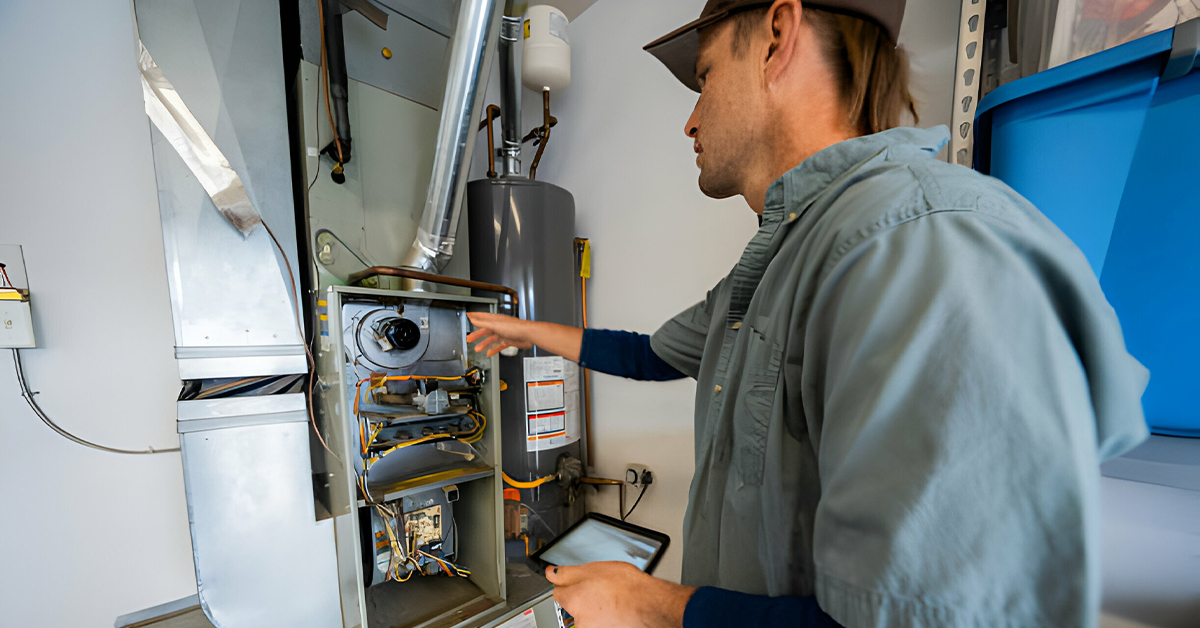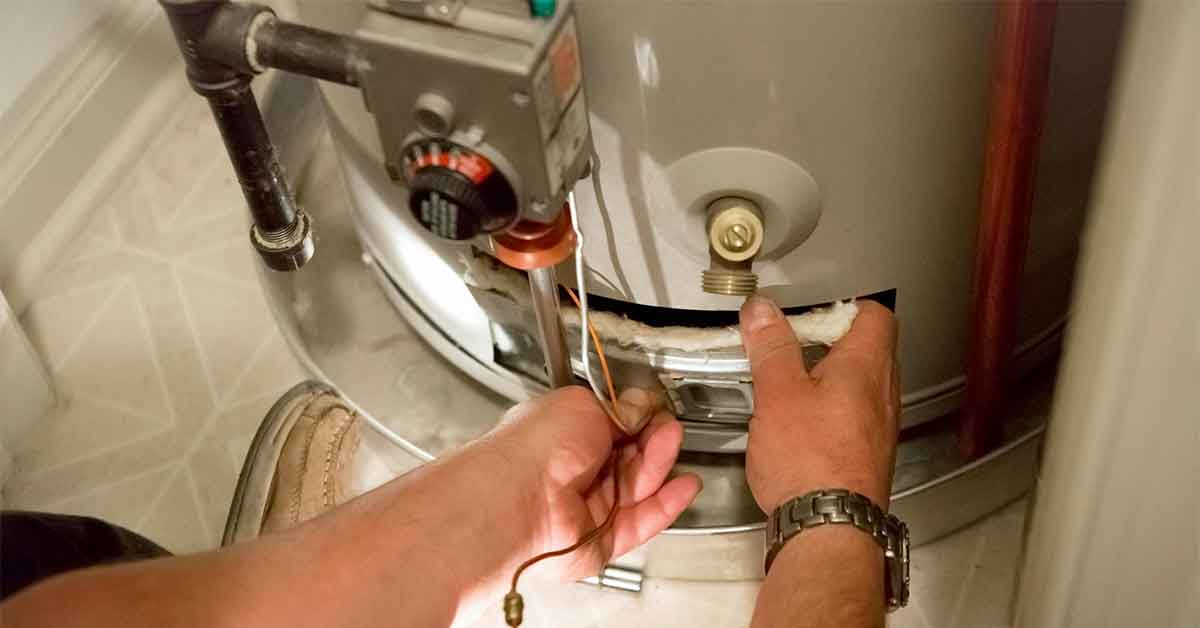Blog


Understanding Common AC Repairs: Troubleshooting Your Cooling System for Optimal Performance
Air conditioning systems are vital for maintaining a comfortable living environment, particularly during the hot summer months. However, AC units can occasionally encounter issues that require timely repairs. In this blog, we will delve into common AC repairs, providing you with valuable insights and practical troubleshooting tips to keep your cooling system running smoothly and efficiently.
The Importance of Regular AC Maintenance
Regular AC maintenance is of utmost importance as it offers a multitude of benefits in preventing major repairs and extending the lifespan of your AC unit. Firstly, routine maintenance allows for the early detection of potential issues before they escalate into more significant problems. By identifying and addressing minor malfunctions, such as leaks, clogged filters, or worn-out components, through regular inspections, cleaning, and tune-ups, you can prevent them from developing into costly repairs or even system failures. Secondly, regular maintenance enhances the overall efficiency of your AC unit.
By cleaning and optimizing the system’s components, such as coils and fans, it can operate at its peak performance, leading to reduced energy consumption and lower utility bills. Additionally, proper maintenance helps to preserve the longevity of the AC unit. By ensuring that all parts are in good working condition, lubricating moving components, and addressing any wear and tear, regular maintenance helps to extend the lifespan of the unit, allowing you to enjoy its cooling benefits for many years to come.
Identifying Common AC Problems
Insufficient Cooling: Discuss potential causes such as dirty filters, refrigerant leaks, or faulty compressors, and offer troubleshooting steps like cleaning or replacing filters and scheduling professional maintenance.
Airflow Issues: Address problems related to poor airflows, such as blockages in vents, clogged air ducts, or malfunctioning fans, and provide solutions like cleaning vents and checking for obstructions.
Strange Noises: Explore various abnormal sounds such as grinding, banging, or squealing, and explain possible causes like loose parts, motor issues, or belt problems, recommending professional inspection and repairs.
Water Leaks: Discuss reasons behind water leakage, including clogged condensate drains or frozen evaporator coils, and advise on actions like cleaning drains or contacting a technician to address the issue.
Electrical Problems: Address electrical issues such as tripped breakers, faulty thermostats, or wiring problems, emphasizing the importance of consulting a professional electrician to ensure safety and proper repairs.
The Role of Professional HVAC Technicians
Professional HVAC technicians play a crucial role in handling complex AC repairs, and their expertise, specialized tools, and access to genuine replacement parts provide several benefits.
Firstly, their expertise is invaluable. Trained technicians possess in-depth knowledge and experience in HVAC systems, enabling them to accurately diagnose and address complex AC issues. They are well-versed in the intricacies of different AC models, allowing them to identify the underlying problems efficiently.
Secondly, professional technicians are equipped with specialized tools specifically designed for HVAC repairs. These tools are essential for troubleshooting complex AC malfunctions, conducting thorough inspections, and performing precise repairs. Their expertise combined with these specialized tools enables them to execute repairs with utmost accuracy and efficiency.
Furthermore, professional HVAC technicians have access to genuine replacement parts. When it comes to complex repairs, it is crucial to use authentic components to ensure the longevity and optimal performance of the AC unit. Trained technicians have established relationships with manufacturers and suppliers, allowing them to source genuine replacement parts for AC systems. This ensures that the repairs are carried out with high-quality components, minimizing the risk of future issues and prolonging the lifespan of the unit.
Conclusion:
In conclusion, having an understanding of common AC repairs is crucial for maintaining the optimal performance of your cooling system. Regular AC maintenance, including filter cleaning or replacement, checking for airflow obstructions, and scheduling professional inspections, can help prevent major issues and extend the lifespan of your AC unit. By promptly addressing signs of trouble such as insufficient cooling, airflow problems, unusual noises, water leaks, or electrical issues, you can mitigate further damage. Remember, for intricate repairs, it is highly recommended to seek the expertise of professional HVAC technicians to ensure safe and reliable solutions. By staying informed and taking proactive measures, you can ensure that your cooling system operates efficiently, providing comfort and relief during those hot summer days.




